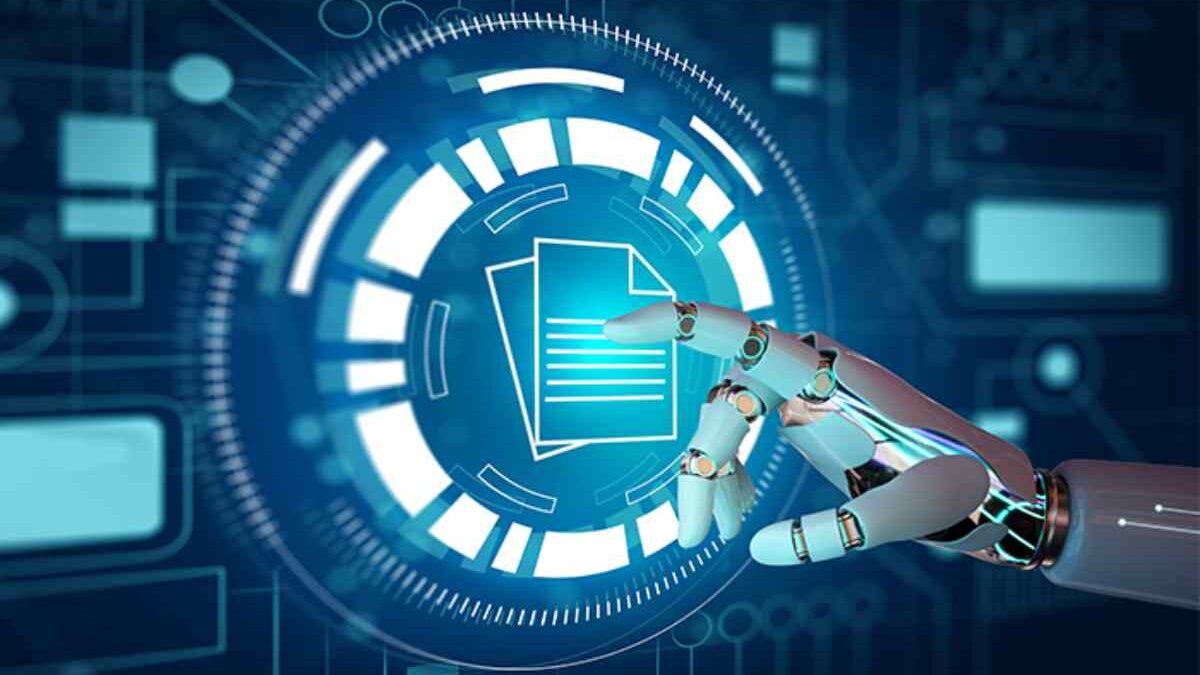Artificial Intelligence In 1956, AI become first cited as a field. But it wasn’t till the 21st century that it came to stay with us all. Such were its advantages that many sectors wanted to join this initiative, including the legal one. It is increasingly common to find Artificial Intelligence in law firms.
Recognized law firms are already using techniques like Big Data to improve their performance and provide better service, but smaller law firms are also finding a new way of working that is much easier and more efficient with the tools.
Artificial intelligence in offices saves your employees time by making their activity more productive, being used, for example, to automate processes in which data must be interpreted or models recognize. This mechanism allows obtaining great benefits using only one computer. With projects like this, repetitive work is eliminate, greater comfort is achieve, and most importantly, time is save for use in other, more arduous tasks.
Creation of alerts:
Alerts can be create from information already publish and accessible on the Internet through a search engine, such as Google. The attorney can use these alerts to keep abreast of changes in law, resources, or regulation. For instant communication can make our office one of the first to be inform and thus be able to make a decision as quickly as possible. It is not just about these alerts, but also those that are used to warn that the deadline for a procedure is approaching.
Document and Contract Review
A key job for an attorney is document review, and artificial intelligence can help make this more enjoyable without taking a lot of time. Thanks to logarithms, the machine can be the one to decide if important data is missing from any of the documents or if there is incorrect data.
Investigation more quickly, the computer can provide us with relevant information for a specific case through forensic investigation that the machine can do in a short period of time.
Document classification
An important task, such as document classification, has always been done manually, wasting valuable professional time. However, nowadays, Artificial Intelligence is in charge of cataloging the different types of documents, dividing them into contracts. Statements, or sentences, among others. In addition, information can be extract that may be useful in the future, depend on whether or not the sentence can be appealing.
It is true that the use of artificial intelligence in offices can differentiate one company from another. But the value will really be determine by the degree of experience that its professionals can reaches. Capable of understanding and evaluating the data offered by the algorithm. To propose solutions in accordance with what has been studied or to solve problems. That may arise at a given moment.
Artificial intelligence is the simulation of human intelligence methods machines, mainly laptop systems. Specific packages of AI encompass professional systems, herbal language processing, speech reputation, and pc vision.
As excitement around AI has grown, vendors have been quick to promote the way their products and services use AI. Oftentimes, what they call AI is just one component of AI, like machine learning. AI requires a foundation of specialized hardware and software to write and train machine learning algorithms. No programming language is synonymous with AI, but some, including Python, R, and Java, are popular.
Learning process. This aspect of AI programming focuses on acquiring data and creating rules on how to turn data into actionable knowledge. The rules called algorithms provide computing devices with step-by-step instructions on how to perform a specific task.

